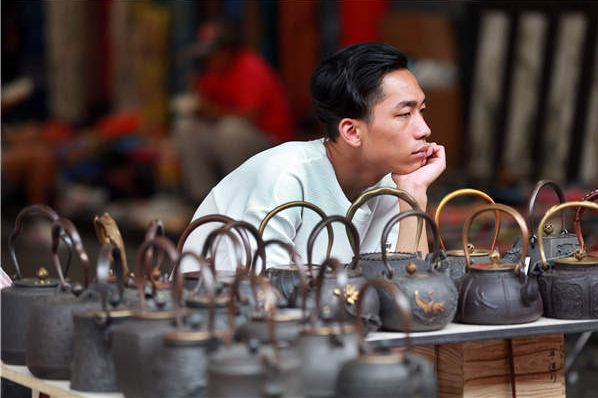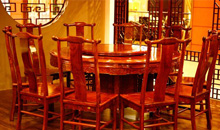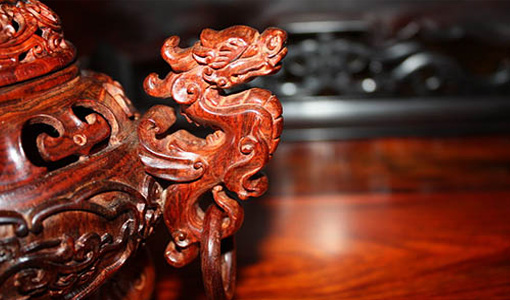Artworks get a dose of reality
Source:ecns.cn
Among artworks and other precious products, those that suffered the most were neither affordable or cheap consumer arts nor rare high-end fine arts, but medium-range ordinary artworks that anyway have limited investment value.

A customerless vendor is in a daze at Panjiayun Antiques Market in Beijing. (Photo by Zou Hong/China Daily)
Among artworks and other precious products, those that suffered the most were neither affordable or cheap consumer arts nor rare high-end fine arts, but medium-range ordinary artworks that anyway have limited investment value.
Even among high-end collections, some segments like green tea and rosewood furniture did suffer. For example, not very long ago, some art collections and fine goods commanded extremely high prices. But they, too, came under pressure when the government's austerity drive dampened demand.
Many premium tea brands saw a constant slide in their prices. A type of the finest Pu'er by Chinese tea brand Dayi, a top-class green tea, saw its price drop from 24,000 yuan to 10,000 yuan per kg.
In the last decade, demand for rosewood furniture soared in China. The market was worth over 100 billion yuan in 2012, according to Greenpeace, a global environmental protection organization.
Yet, the furniture sector saw demand slowing in the last couple of years. Prices of rosewood furniture plunged up to 30 percent, according to the China Rosewood Association.
Similarly, prices of objects made of coconut husk, which was once considered highly precious in China, have plummeted. A bracelet with a cluster of 108 coconut husks used to sell for over 5,000 yuan. Now, it is hard to even find sales of coconut husks in the market as demand has been tepid.
Liu Shuangzhou, a professor at the law school of the Central University of Finance and Economics, said: "Consumers should consider their income levels and decide how much they should spend on artworks. Artwork consumption should be transformed from an elite consumption to a mass-based business.
"Investors should assess the risks of investing in certain artworks and fine goods, rather than assess their value. And buyers must appraise artworks themselves. All this is consistent with the concept of supply-side reform, which emphasizes that goods should be priced cost-effectively and in line with their actual value."
(Source:ecns.cn)




 沪公网安备31010402003309号
沪公网安备31010402003309号



